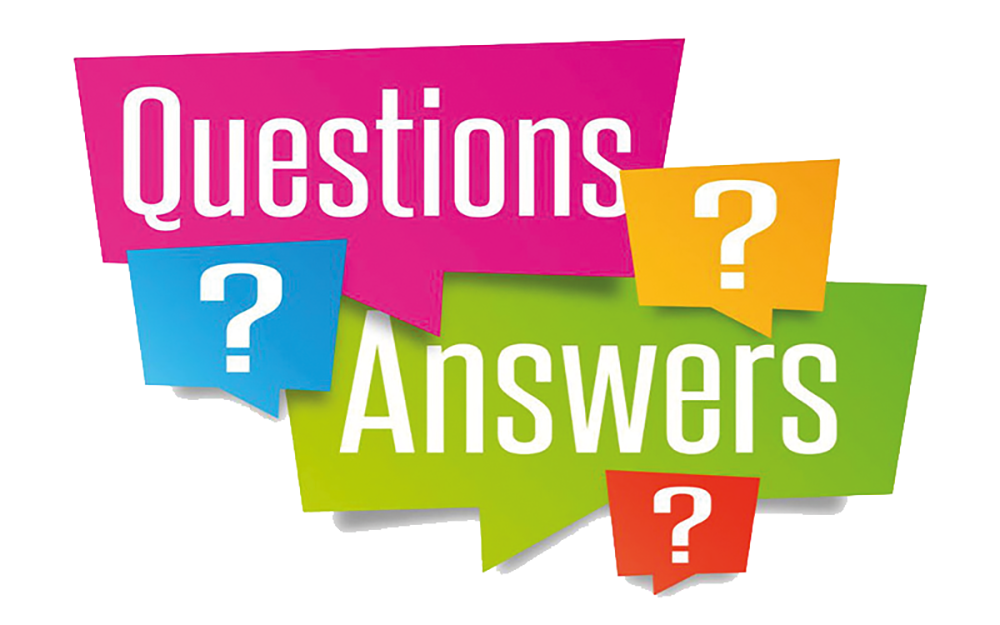Part I
I am always surprised that the most frequent question I am asked by a patient or family member after we discuss the diagnosis is, “What should he/she eat?” To be honest, I never know what to answer and usually mumble some platitudes. I mention this because I think it reflects the widespread belief that diet plays a major role in our health and well-being.
Eating is a huge and fundamental part of our lives from a cultural and anthropological perspective; our day revolves around our meals and snacks. And, in truth, diet does play a significant role in many aspects of health, such as diabetes, cardiovascular and renal disease, growth and metabolism, and so on.
There are really two questions at play when we address diet and cancer: How does diet affect the risk of developing or preventing cancer? And once you have cancer, how can the content of one’s diet affect the outcome of the disease? There have been thousands of articles published and hundreds of millions of dollars invested in research by the federal government and others on these questions. We see them reported on a daily basis in the lay press. However, despite all this interest and effort, unfortunately we know relatively little with confidence.
For the moment, I am focusing on diet as a causal factor, but many of the same methodologic issues relate to the determination of the impact of diet on prognosis. Why is it difficult to relate dietary factors to cancer etiology or outcomes?
1. It is extremely difficult to measure dietary intake with any degree of precision. If you try to assess the association between an exposure, like fat intake, and an outcome, like the occurrence of breast cancer, the more imprecision in the measurement of either parameter, the more difficult a good statistical determination becomes. Thus, you may be able to determine how much someone smokes with some degree of accuracy—one pack a day, two packs a day, never—but how much broccoli do you eat? Not easy to get a reliable estimate if you try to get such information on hundreds of people. And for 100 or more food items? Good luck. No wonder we get answers that are all over the place.
2. Certain nutrients may indeed have an association with a cancer, but the association is weak or small. The weaker the association, the more difficult it is to define it in a study. For example, the International Agency for Research on Cancer, an arm of the World Health Organization, publishes perhaps the most authoritative series of analyses on what chemicals or agents are carcinogenic. In 2018, they published their analysis of red meat and concluded that it was a probable carcinogen, a high level of certainty for IARC. If you read their monograph on the subject (good reading in preparation for your next Shabbat nap), it will tell you that they relied on 18 cohort studies—we will define cohort studies in our next article—of which 12 showed a positive association between red meat intake and colorectal cancer risk. The summary risk was 1.17 (a 17% increased risk) for eating an average extra 100 grams of red meat daily, not much of a risk in my view. But I describe this to illustrate how difficult it is to ascertain a weak association with reliability.
3. To determine the risk of a nutrient, you have to compare people with high intake to people with low intake. But what if even the low-intake people still have considerable intake? Then it is difficult to fully appreciate the impact of the nutrient. The impact of tobacco was relatively easy to determine because there are smokers and nonsmokers, but there aren’t eaters and non-eaters.
4. You may be thinking, let’s compare vegetarians to nonvegetarians and thereby we can get a handle on, for example, meat consumption. And in part, you are right—there are quite a few such studies among Seventh Day Adventists and other vegetarian groups that are of high quality and have yielded valuable information.
But that brings us to the problem of confounding. If you are a vegetarian, in contrast to a nonvegetarian, there are probably many things you eat or do aside from not eating meat that differ from the nonvegetarian. And maybe it is one of those things that is responsible for the risk of some cancer rather than purely your dietary idiosyncrasy. If you are a vegetarian for health reasons, then you may be doing other “healthy” things—jogging, losing weight, etc. Maybe one of these other things is affecting your risk rather than the meat consumption—this is referred to as confounding. Your diet is a major statement about your persona—who you are and everything about you. We stereotype people based on their eating habits, and diet often does reflect many other aspects of their lives.
In this article, I just wanted to describe why it is so difficult to know much with clarity about this important subject. In the next two episodes of Thoughts on Cancer, we will tackle an example.
Alfred I. Neugut, M.D., Ph.D., is a medical oncologist and cancer epidemiologist at Columbia University Irving Medical Center/New York Presbyterian and Mailman School of Public Health in New York.
This article is for educational purposes only and is not intended to be a substitute for professional medical advice, diagnosis, or treatment, and does not constitute medical or other professional advice. Always seek the advice of your qualified health provider with any questions you may have regarding a medical condition or treatment.
By Alfred I. Neugut













